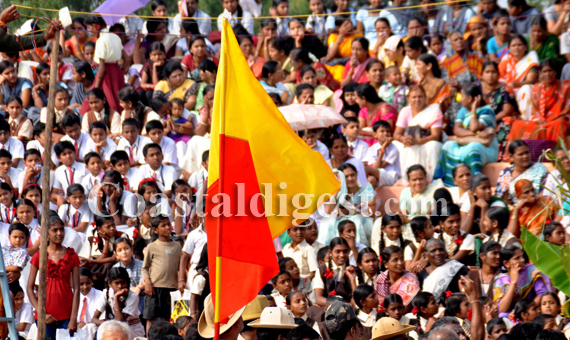
Bangalore, Nov 1: Chief Minister Siddaramaiah today said outsiders settled in Karnataka should learn local language Kannada and decried that English education system had been reduced to a commercial activity.
"Outsiders who have come and settled here have to learn the local language Kannada. It is necessary to learn local culture and language when you are utilising all the facilities from the state and reaping its benefits," said Siddaramaiah at a function organised by the state government to celebrate Karnataka's 58th "Rajyotsava" (state formation day).
At the event, Siddaramaiah said that the government would not close any Kannada schools.
"Let there be inadequate strength or any other reason, we will not close any Kannada-medium school and this is our firm stand. We will improve and develop facilities at government schools so as to create an atmosphere wherein our children will want to join them," Siddaramaiah said.
Admitting that one reason why people at large had disregard towards Kannada schools was due to the way the public education system functions, he said, "Our government has decided to take steps towards improving the quality of education in those schools."
"Unless we bring in positive changes in the way our government schools function, people will not show interest towards Kannada medium education system and they will get carried away by English medium schools," he added.
Siddaramaiah said, "Imposing any particular language or stopping any one from learning other languages is wrong. At a stage of life, our children should be provided an opportunity to select their medium of instruction, but until then it is good to provide education to them in their mother tongue."
He also said: "it is true that English is the world language, but it cannot be self imposed blindly as the language is being today learnt to reflect one's status, to add to that such is also the education provided by our English schools- which is impractical."
".... Let me reiterate we are not against English language rather our government advocates teaching of English as a language from first standard onwards."
Expressing his concern that English education system is turning out to be a business today, Siddaramaih said "No one is concerned about teaching English that is of quality and result oriented. Language has to be taught as per requirement and necessity, literature has to be taught to ones who have opted for it," he added.
He said there was a misconception that advanced science cannot be taught in other languages except English- "such thinking is impractical, we have several great scientists like CNR Rao and thinkers whose medium of instructions was their mother tongue Kannada."
While Karnataka Rajyotsava was celebrated with fervor across the state, protest marred the celebrations in Belgaum- the border district of Karnataka. Here, Maharashtra Ekikaran Samiti (MES) observed it as a black day, demanding integration of Belgaum into Maharashtra.
MES leaders and followers organised a protest march and bike rally, wearing black dress and holding black flags.

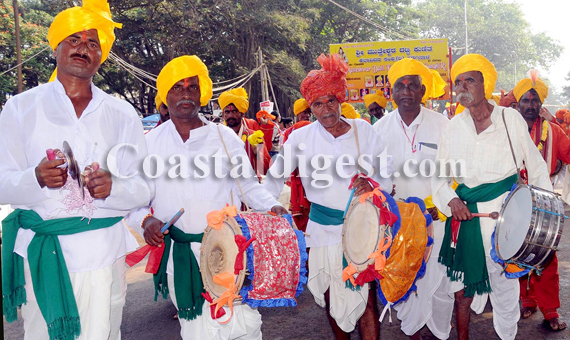

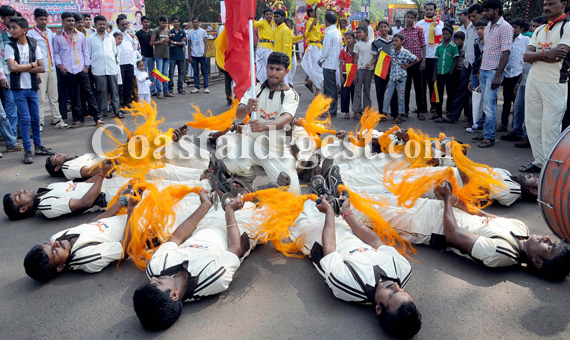
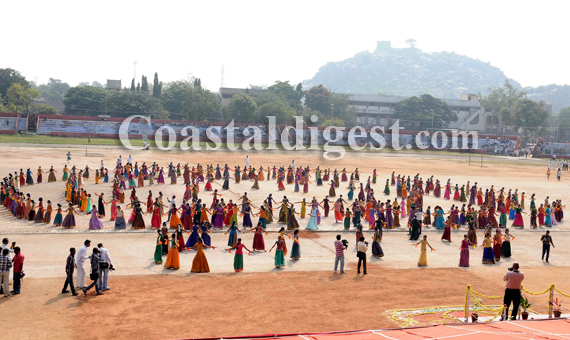
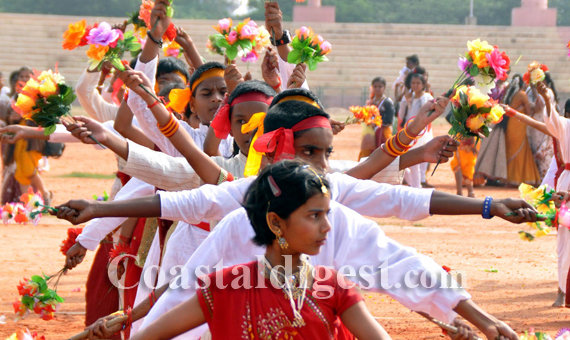
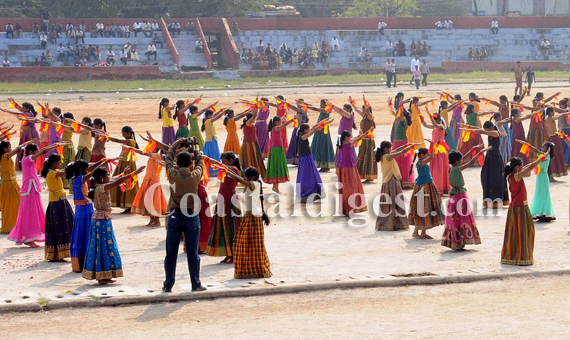
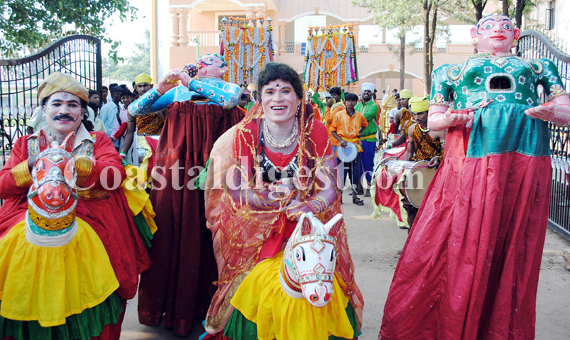





Comments
Aw, this was an extremely nice post. Finding the time and actual effort to create a great article… but what can I say… I procrastinate a whole lot and don't seem to get nearly anything done.
Feel free to visit my page; asvab: http://Www.Carchint.com/?option=com_k2&view=itemlist&task=user&id=720949
Add new comment